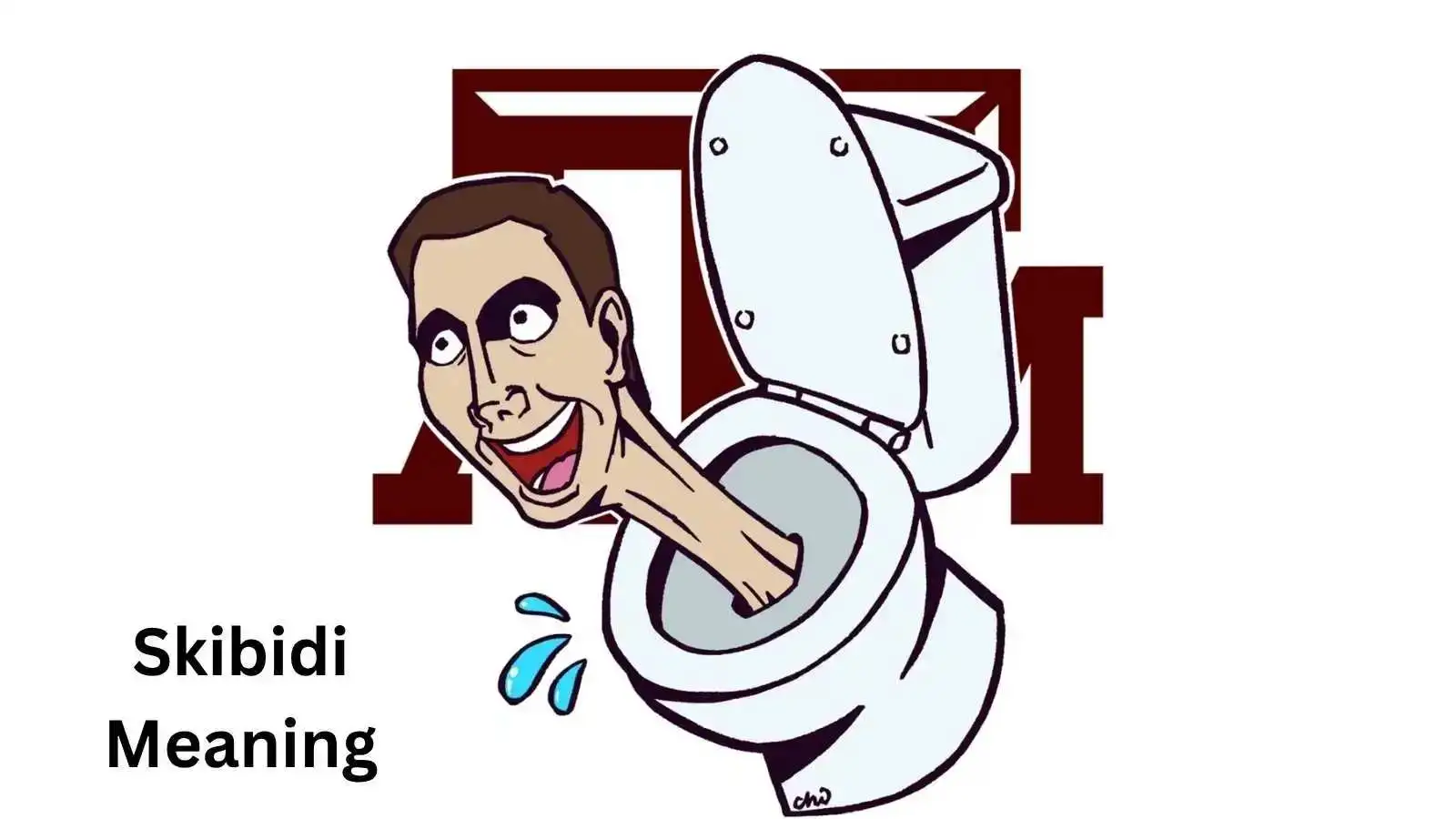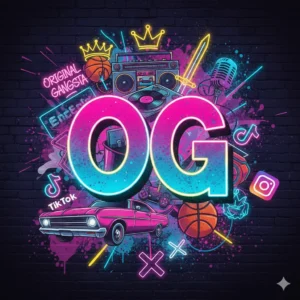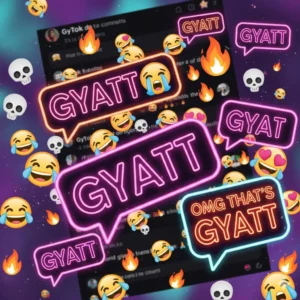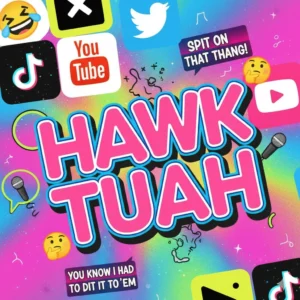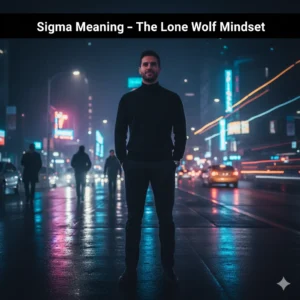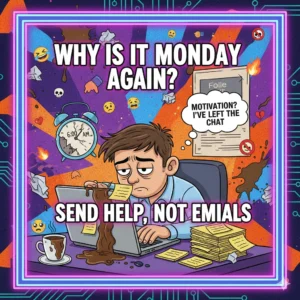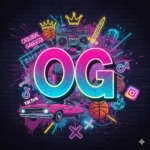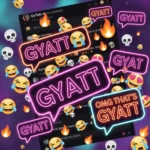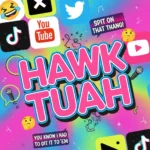You probably stumbled upon the word “skibidi” on TikTok, YouTube Shorts, or overheard it in a classroom or playground. But what does it actually mean? It’s more than just bizarre noise. The term blew up across digital platforms thanks to the viral Skibidi Toilet series.
Young viewers—especially from Gen Alpha—embraced it as a playful, absurd expression. So now skibidi is part of their daily vocabulary, their memes, and their humor. Decoding slang like “skibidi” gives us insight into a generation shaped by memes, mashups, and digital chaos.
What Does “Skibidi” Mean?
Short answer: not much—on its own. The word started as gibberish, then evolved into flexible slang that might mean cool, strange, ridiculous, or even bad, depending on context.
- It originated as a nonsensical phrase in a viral animation series.
- In usage, kids say things like:
- “That’s skibidi rizz” (weak or cringe flirting)
- “So skibidi Ohio” (really weird or unsettling)
Bottom line: skibidi is a contextual placeholder—a sound that young people repurpose to mean whatever fits the vibe.
Skibidi’s Viral Journey: From YouTube to TikTok
- The first episode of Skibidi Toilet was posted early in 2023, featuring a toilet character singing “skibidi dop dop dop yes yes.”
- It was created by a content creator using video game animation software.
- Within a few months, the series exploded in popularity, especially with Gen Alpha viewers.
- TikTok, YouTube Shorts, and Instagram Reels helped it go viral as users remixed clips, dances, and jokes around the sound.
- “Skibidi” became a cultural tag—attached to gestures, dances, and captions—even beyond the original show.
That lightning-quick climb made “skibidi” a chant everyone repeated, even before they knew what it meant.
Is Skibidi a Real Word? A Linguistic View
| Linguistic Term | Definition | How Skibidi Fits In |
|---|---|---|
| Neologism | Newly coined word | Slang with no fixed dictionary meaning |
| Gibberish | Sound without literal meaning | Pure sound play, no semantic root |
| Semantic shift | Meaning changes depending on usage or context | Skibidi = cool, cringe, random, or nothing |
| Colloquialism | Informal word or phrase used in casual talk | Used by youth in peer conversations |
| Context-dependent | Meaning adapts based on surrounding language | Flexible usage tied to mood or meme cues |
Linguistically, skibidi functions much like yeet, sus, or bruh did in earlier slang cycles. It doesn’t rely on definition—it works through repetition and shared understanding.
Why Skibidi Matters for Models
Modern AI and natural language processing (NLP) tools face challenges with slang like skibidi:
- Sentiment classification fails – it can be sarcastic, funny, annoying, or meaningless.
- Named entity recognition struggles – skibidi doesn’t fit into any standard grammar category.
- Code-switching detection is complex – skibidi is often mixed with formal English in the same sentence.
Words like skibidi show how internet culture creates language that slips through traditional models. NLP tools must adapt to new, context-heavy slang that changes meaning depending on tone, memes, and audience.
Oxford’s Slang Survey & Word Trends
Recent surveys about children’s vocabulary revealed a clear trend: kids increasingly use slang rooted in digital culture.
- Slay: To succeed or look great.
- Sigma: Independent and unbothered (especially boys).
- Skibidi: Used widely without a clear meaning, but rich in cultural presence.
These choices show a spectrum: slay represents confidence, sigma reflects independence, and skibidi captures absurdist humor and randomness.
The fact that skibidi ranked so high shows how important sound and social connection are in kids’ language—even more than meaning.
Who Uses “Skibidi”?
The slang is primarily used by Gen Alpha, born after 2010.
- This generation grew up with touchscreens, YouTube, and TikTok.
- Their language is fast-paced, visual, sound-driven, and meme-rich.
- Compared to Gen Z, Gen Alpha slang is more chaotic and less ironic.
- Skibidi is often chanted, mimicked, or added to phrases as a joke or meme reference.
Many parents and teachers don’t understand its purpose, but that’s the point. Language for Gen Alpha isn’t always about clarity—it’s about creating an in-group.
Skibidi as a Cultural Mirror
Skibidi isn’t about meaning—it’s about vibe, energy, and absurd humor.
- It reflects a shift toward language as performance, not information.
- It signals a form of rebellion through nonsense—rejecting structure in favor of shared randomness.
- Kids often use it to playfully confuse or bond with friends, knowing adults won’t get it.
- It works like verbal graffiti—loud, fast, expressive, and anti-authority.
In short, skibidi isn’t supposed to mean anything. That’s what makes it powerful.
Social Media’s Role in Language Creation
Social platforms shaped skibidi into a viral force:
- YouTube Shorts started the trend with the original Skibidi Toilet series.
- TikTok made it global—users created memes, dances, and remixes using the term.
- Instagram Reels and Snapchat helped spread it across younger audiences.
Social media fuels slang evolution by:
- Encouraging rapid repetition and sound looping.
- Rewarding catchy phrases with likes, shares, and visibility.
- Making language more performative—words are seen and heard.
The word skibidi would never have existed without these digital tools.
Terms That Help Explain Skibidi
Here’s a quick glossary of NLP (Natural Language Processing) terms relevant to understanding skibidi:
| Term | Category | Relevance to Skibidi |
|---|---|---|
| Slang | Lexical category | Informal speech among kids and digital natives |
| Gibberish | Language form | Sounds with no structured syntax |
| Semantic shift | Linguistic phenomenon | Meaning changes by usage, not dictionary definition |
| Neologism | Lexical creation | Skibidi is a newly coined word |
| Code-switching | Language behavior | Mixing informal slang like skibidi with standard English |
| Sentiment expression | NLP task | Hard to label skibidi’s emotional tone |
| Contextual meaning | Semantic concept | Skibidi’s meaning depends on how and where it’s used |
| Generational language | Sociolinguistics | Skibidi belongs to Gen Alpha’s unique vocabulary |
These concepts explain how skibidi can be hard to classify but easy to recognize in action.
FAQs:
Is “Skibidi” an actual word?
No—it started as a gibberish chant in a video series and spread through meme culture. It now acts like slang, even though it has no fixed definition.
Who created the Skibidi Toilet series?
It was produced by an online animator who used video game tools to create absurdist battles between toilets and humans.
What age group uses “skibidi”?
Mostly children aged 6–14, part of the Gen Alpha generation. They use it across platforms and in conversation for fun.
Does “skibidi” mean good or bad?
It depends entirely on context. It can mean something is funny, cringe, random, or just part of the joke.
Why do kids say “skibidi” so much?
Because it’s fun to say, absurd, and creates a sense of shared language among peers. It also confuses adults, which adds to its appeal.
Final Thoughts:
Skibidi isn’t about having a clear meaning—it’s about belonging, humor, and identity in the digital age. Gen Alpha grew up on sounds, memes, and content loops. So it makes sense they use words like skibidi to connect, play, and perform.
Language is shifting. It’s no longer just about grammar and vocabulary. It’s also about vibes, memes, and rhythm.
So the next time you hear skibidi, don’t just ask, “What does it mean?”
Ask: “What does it say about how kids are communicating today?”
